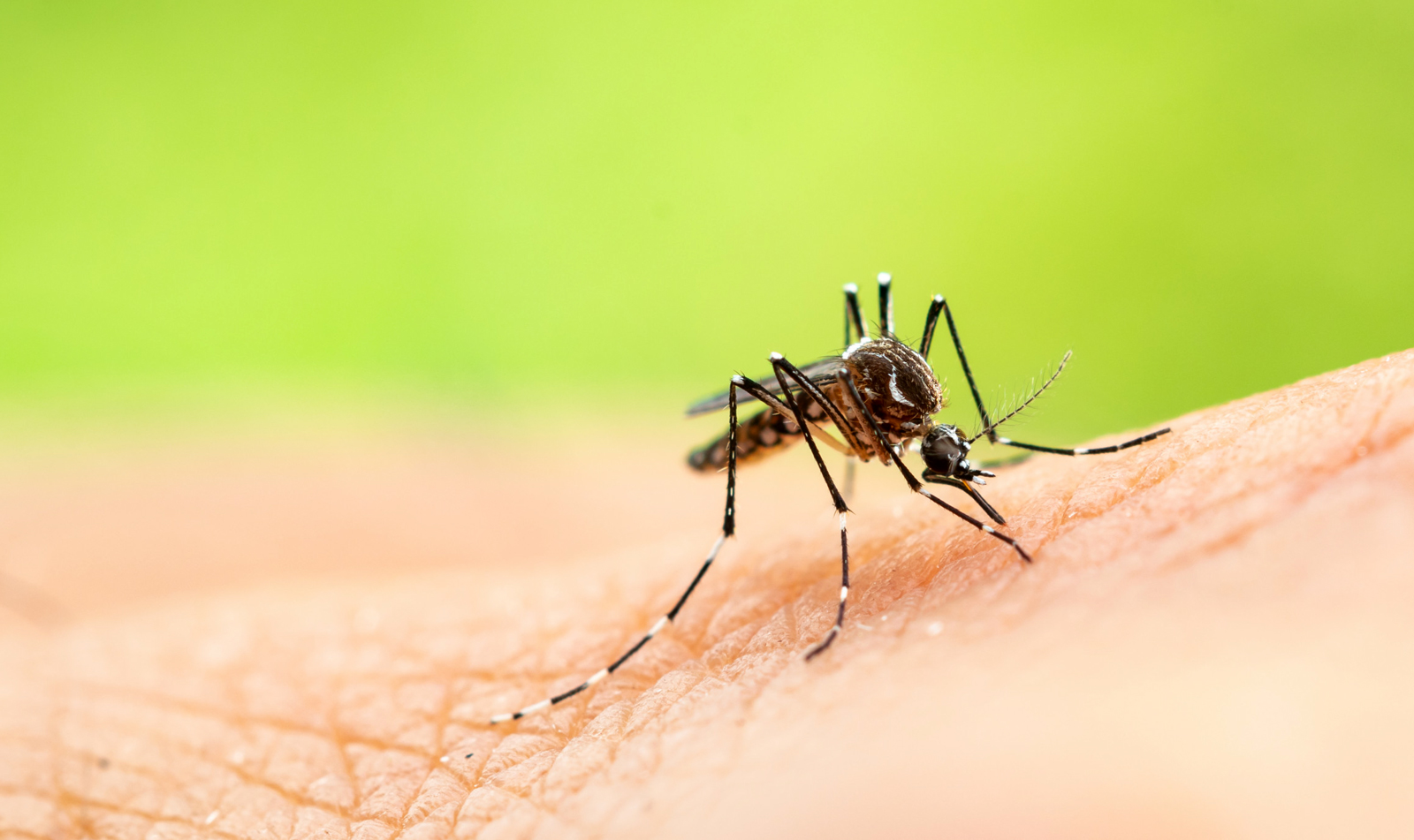Phoenix summers are famous for triple-digit heat, but residents know that one warm-weather nuisance persists even in the driest months: mosquitoes. Despite Arizona’s arid climate, these pests thrive in backyard puddles, overwatered lawns, and clogged gutters. Understanding how mosquito populations behave in Phoenix’s unique environment is essential for effective mosquito management. Below are five expert-backed strategies to minimize bites and lower mosquito presence without relying on quick DIY fixes.
 Why Mosquitoes Are a Persistent Problem in Phoenix
Why Mosquitoes Are a Persistent Problem in Phoenix
Contrary to what many assume, Arizona is not mosquito-free. The state’s brief but intense monsoon season, combined with irrigated lawns and urban development, creates small, hidden breeding sites. Residential areas often collect just enough moisture for mosquitoes to lay eggs, making it harder to control their spread once populations take off.
While some residents may ask, “are there mosquitoes in Arizona?”, the short answer is yes, and they’re not just a seasonal nuisance. Species like the Aedes aegypti can breed in very little water and remain active for longer periods than expected, especially when shaded spots and stagnant containers go unnoticed in backyards. For a deeper look at this local issue, check out this post on mosquitoes in Arizona.
Focused Prevention Starts with Eliminating Breeding Zones
Successful mosquito management begins by breaking their life cycle. Mosquitoes only need small amounts of standing water to breed, and this can often go overlooked in everyday outdoor environments.
Here are key areas to monitor and maintain regularly:
- Yard Items and Containers: Buckets, unused planters, and even bottle caps can collect rain or sprinkler runoff.
- Clogged Gutters: Leaves and debris block water flow, providing a perfect egg-laying site.
- Pet Water Bowls or Birdbaths: If left stagnant for more than 2–3 days, these can attract breeding mosquitoes.
Homeowners should routinely inspect these spaces at least once a week during warmer months. Additionally, trimming back overgrown vegetation helps reduce shade and cool areas that adult mosquitoes seek for resting.
Integrated Mosquito Control Techniques That Work
Basic prevention helps, but once mosquitoes are active, an integrated approach is needed. This means combining targeted interventions rather than relying on one-time treatments or household sprays.
Professionally recommended strategies include:
- Larvicide Applications: Used in areas where water can’t be drained, larvicides prevent mosquito larvae from maturing into adults.
- Residual Barrier Treatments: Applied to outdoor surfaces, these treatments reduce adult mosquito resting zones, especially on shaded walls or dense shrubbery.
- Biological Controls: In some neighborhoods, introducing natural predators like mosquitofish into ornamental ponds can help curb larval populations.
Unlike DIY foggers or citronella-based sprays, these methods provide long-term results tailored to the breeding and resting habits specific to Phoenix mosquito species.
When Mosquitoes Keep Coming Back: What You Might Be Missing
Sometimes, even after prevention and treatment, mosquitoes persist. In these cases, the issue often lies in overlooked breeding grounds or inconsistent follow-through. Pooling irrigation water, decorative fountains without filters, or neglected neighbor yards can all be contributing factors.
Persistent infestations may also be a sign that your current pest control service is underperforming or missing critical spots. This is where understanding why service guarantees becomes important. A service that offers follow-ups or guaranteed treatments adds peace of mind, especially during the peak of mosquito season when populations can explode almost overnight.
Mosquitoes are not just annoying; they carry potential health risks, including West Nile virus and other vector-borne illnesses. That’s why even a few lingering mosquitoes should be taken seriously, particularly in a desert climate where their presence may be less expected and therefore less prepared for.
Best Practices to Keep Mosquitoes Away Long-Term
For long-term mosquito management, consistency is just as important as the method itself. Seasonal changes in Phoenix can bring unpredictable weather patterns, and your mosquito strategy should adapt accordingly.
Here’s what experts recommend for sustainable results:
- Routine Property Assessments: At least monthly during summer and after monsoon storms.
- Prompt Water Drainage: Especially after rains or irrigation schedules.
- Reapplication of Treatments: Every few weeks, depending on product longevity and weather conditions.
- Community Coordination: Work with neighbors or HOAs to maintain shared areas like walkways, green belts, or retention basins.
By building a maintenance habit rather than a reactive mindset, you’ll significantly reduce mosquito issues year after year and save time, stress, and scratching.
Take Back Your Yard This Summer
The most effective mosquito control strategy starts with a personalized inspection and ends with consistent, science-driven treatments. Don’t let your backyard become a breeding zone. Contact Panda Pest Control to schedule an expert evaluation and enjoy your Phoenix summer without the bites.


